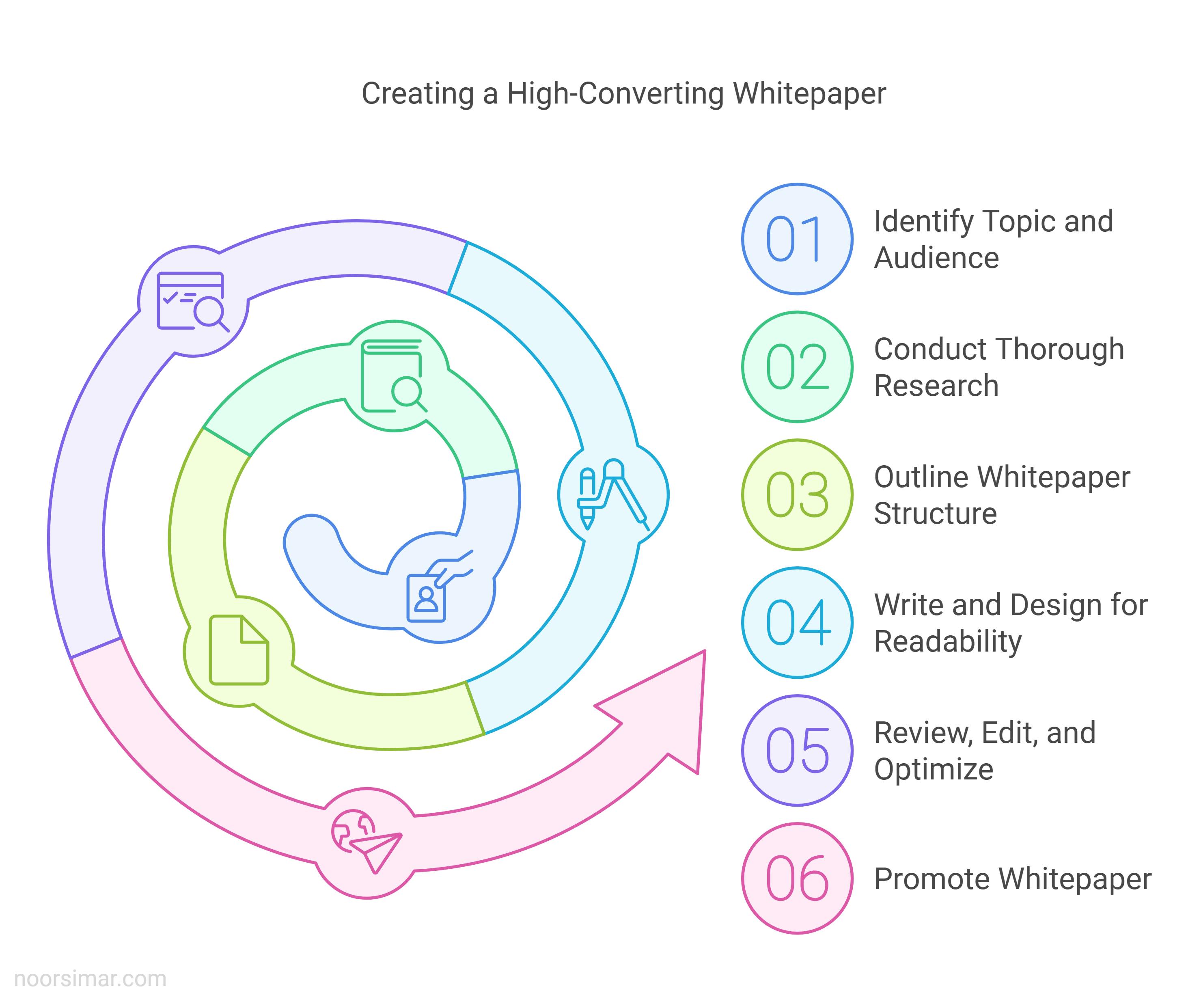Apple Inc. users are facing new security risks after a security researcher successfully hacked Apple’s proprietary ACE3 USB-C controller, a critical component responsible for managing charging and data transfer on Apple’s latest devices.
First revealed at the 38th Chaos Communication Congress at the end of December but with details only recently announced, the ability to breach Apple’s security highlights significant vulnerabilities in Apple’s USB-C implementation and rightly raises concerns about user data security and device integrity.
The man behind the hack, security researcher Thomas Roth, presented his findings in a detailed technical demonstration. Roth’s approach involved reverse-engineering the ACE3 controller to expose its internal firmware and communication protocols. After exploiting these weaknesses, he was able to reprogram the controller to allow unauthorized actions, including bypassing security checks and injecting malicious commands.
The vulnerability exploited by Roth was the result of Apple implementing insufficient safeguards in the controller’s firmware, allowing a determined attacker to gain low-level access through specially crafted USB-C cables or devices. Once access is achieved using the vulnerability, the compromised controller can be manipulated to emulate trusted accessories or perform actions without user consent.
As noted Saturday by Cyber Security News, the hack has significant implications for device security, as the ACE3’s integration with internal systems “means that compromising it could potentially lead to untethered jailbreaks or persistent firmware implants capable of compromising the main operating system.” Additionally, malicious actors could exploit the vulnerabilities to gain unauthorized access to sensitive data or control over devices.
Though Apple users shouldn’t be overly concerned as yet — the details of how the hack works have only just now been revealed and the process is fairly involved — it may only be a matter of time until malicious hackers attempt to exploit the methodology detailed.
Apple’s ACE3 USB-C controller hack exposes users to risks such as unauthorized data access and device manipulation. Hackers could exploit the controller to intercept sensitive information during data transfers or execute malicious commands by bypassing security protocols.
While Apple has yet to issue a statement or provide a timeline for addressing the ACE3 controller flaw, users are advised to remain cautious.
Image: News/Flux-1
Your vote of support is important to us and it helps us keep the content FREE.
One click below supports our mission to provide free, deep, and relevant content.
Join our community on YouTube
Join the community that includes more than 15,000 #CubeAlumni experts, including Amazon.com CEO Andy Jassy, Dell Technologies founder and CEO Michael Dell, Intel CEO Pat Gelsinger, and many more luminaries and experts.
THANK YOU









